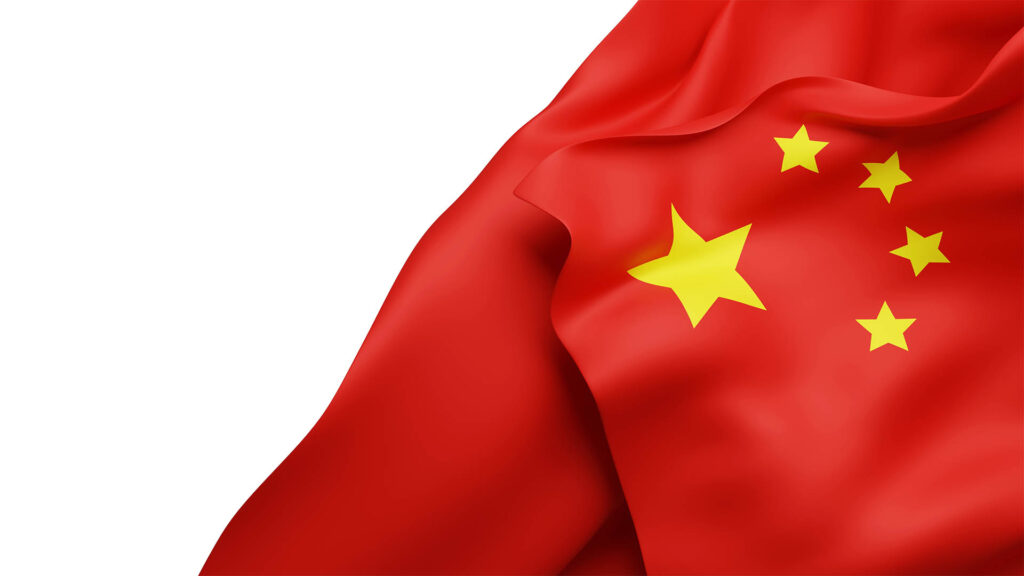More evidence that activity across the Chinese economy slowed in July.
In a surprise, the second monthly survey of activity across the Chinese economy—targeting small and medium businesses—has produced a negative outcome for the first time since late 2023.
The Caixin/S&P Global manufacturing survey for July saw a dip into contraction (a reading below 50) after forecasts had estimated it would remain positioned in contraction.
It has added to the slightly worse-than-forecast official survey on Wednesday that targets larger groups, especially state-owned enterprises.
The survey came in at 49.8, down from 51.8 in June, a significant fall. The official survey on Wednesday came in at 49.4 from 49.5 in June.
It found that operating conditions in the sector deteriorated for the first time in nine months as new orders tumbled. It was the lowest reading since October last year and missed analysts’ forecasts of 51.5.
The unexpectedly downbeat survey, which mostly tracks export-oriented firms, saw the first fall in new orders in a year, with survey respondents blaming the decline on subdued demand and client budget reductions.
The overall manufacturing sector could be entering a “cruel summer” after the official PMI data on Wednesday pointed to soft economic momentum in July, Citi Research said in a note.
“The most prominent issues are still insufficient effective domestic demand and weak market optimism,” said Wang Zhe, an economist at Caixin Insight Group, calling for policy efforts to stabilize growth.
Some manufacturers cut selling prices to support sales amid increased competition, the survey showed.
Employment was stable as the rate of job losses was unchanged from June, staying in contractionary territory for 11 months.
China’s ruling Communist Party has acknowledged the problems in the economy, saying domestic demand remains “insufficient” and major sectors face risks and “dangers” as traditional growth drivers are being replaced by new ones, according to an official readout of this week’s regular meeting by the party’s powerful politburo.
To boost consumption, China announced last week that around 150 billion yuan ($US20.74 billion) out of 1 trillion yuan ultra-long special treasury bonds issuance will subsidize replacements of old appliances, cars, electronic bicycles, and other goods.
Despite the overall tepid new orders, export orders continued to increase in July, though the rate of growth slowed slightly from June, according to the Caixin survey.
That was apparent from this week’s official survey and points to another rise in exports in next week’s trade data for July. It probably also points to another fall in imports.

